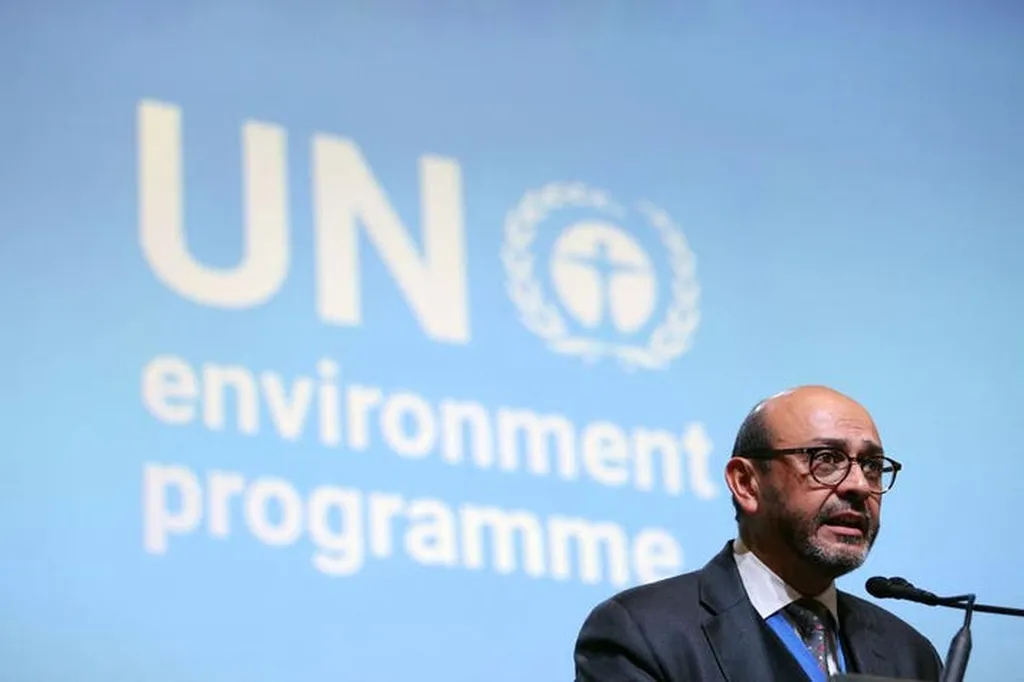The recent stalemate in the global plastics treaty negotiations in Geneva has significant implications for the agriculture sector and investors, particularly those involved in the agri-food supply chain and sustainable packaging solutions.
The agriculture sector is both a user and a generator of plastics, primarily through packaging, irrigation systems, and agricultural films. A global plastics treaty aimed at addressing the full life cycle of plastics could have influenced agricultural practices and investments in several ways. For instance, controls on new plastic production and mandatory phaseouts of hazardous chemicals could have impacted the types of plastics available for agricultural use. This could have driven innovation in sustainable packaging and materials, creating new opportunities for investors in biodegradable or compostable alternatives.
Moreover, the treaty could have addressed the issue of plastic waste management, which is particularly relevant for the agriculture sector. Improved waste management practices could have reduced the environmental impact of agricultural plastics, enhancing the sector’s sustainability credentials and potentially opening up new markets for agricultural products.
However, the lack of agreement on a treaty means that these potential changes are now on hold. For the agriculture sector, this could mean a continuation of the status quo, with existing plastic use and waste management practices remaining unchanged. This could limit the sector’s ability to reduce its environmental impact and adapt to evolving consumer preferences for sustainable products.
For investors, the stalemate in the plastics treaty negotiations could present both challenges and opportunities. On one hand, the lack of a treaty could delay the implementation of stricter regulations on plastic use and waste management, potentially slowing down the transition to sustainable packaging solutions. On the other hand, the continued focus on the issue of plastic pollution could drive voluntary actions from companies and investors, creating opportunities for those invested in sustainable and circular economy solutions.
The agriculture sector and investors will now be watching closely as the negotiations continue. The next round of talks, expected to take place next year, could provide further clarity on the future of global plastics regulation and its implications for the sector and investment strategies. In the meantime, the agriculture sector may need to navigate a complex landscape of voluntary initiatives and regional regulations, while investors may need to balance short-term risks and opportunities with long-term sustainability goals.
The outcome of the negotiations also highlights the importance of transparent and inclusive decision-making processes. The agriculture sector and investors will be keen to see how the negotiations proceed and whether the process can be reformed to ensure that all voices, including those of affected communities and stakeholders, are heard and considered. This could be crucial for building trust and ensuring that any future agreement is effective, equitable, and supported by all parties.

